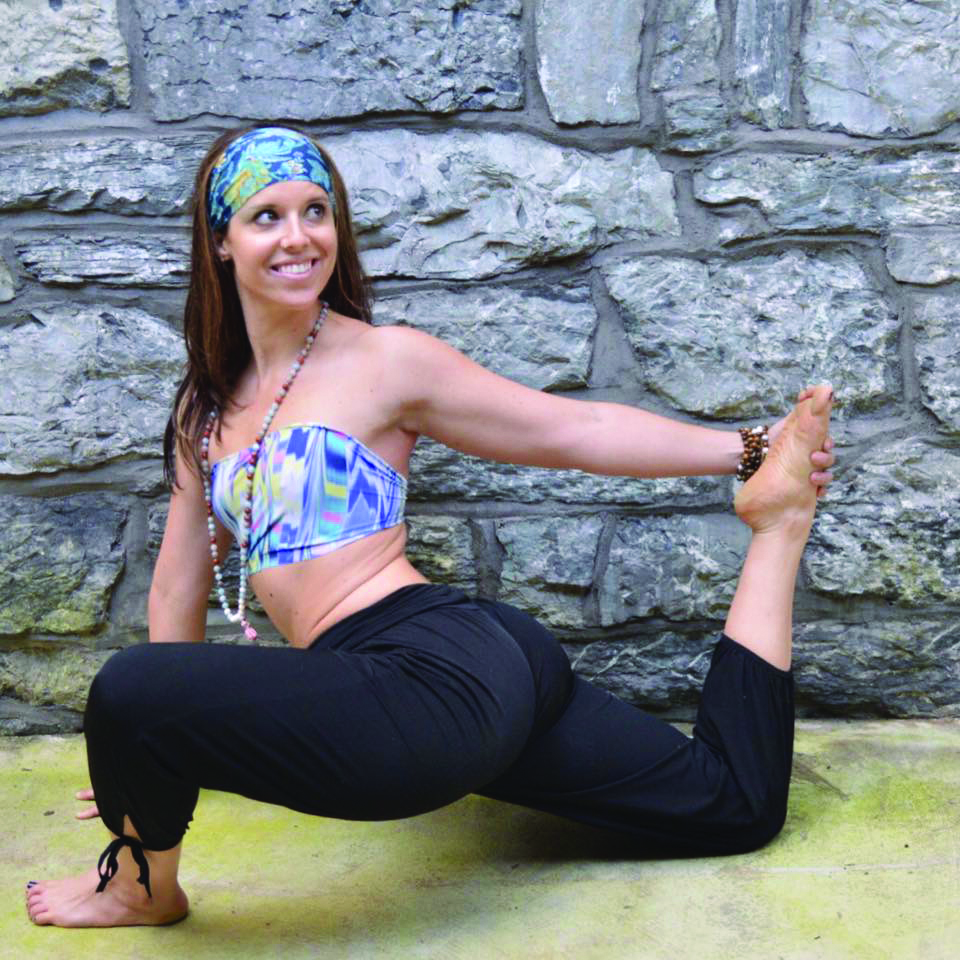By Rachel Wilson
Do you often feel rushed, overwhelmed, or unfocused? Perhaps you have felt that there are not enough hours in your day or energy in your system to accomplish everything on your to do list. For many people, these feelings are all too familiar and may be signs and symptoms of chronic stress.
The daily effects of stress have a detrimental impact on our bodies and our minds, potentially leading to physical problems such as headaches, backaches, stomach and gastrointestinal distress, ulcers, high blood pressure, joint issues, and compromised immune system function. Stress can also cause psychological problems such as irritability, impatience, anger, sleep disturbances, fatigue, depression, and anxiety.
But what is happening internally when we experience stress? The answer lies in our autonomic nervous system. The autonomic nervous system has two major parts: the sympathetic nervous system and the parasympathetic nervous system.
The Sympathetic Nervous System (SNS) brings our bodies and brains into “fight or flight” mode. This part of the nervous system is responsible for the stress response. When activated, we release increased amounts of the cortisol hormone, norepinephrine, and adrenaline. Our learning, digestive, and reproductive systems are put on hold as our brains become hyper-focused on the perceived threat. This response is crucial for survival, but we were never meant to remain in this high state of alarm. The problem occurs when we respond to everyday situations, such as a frustrating traffic jam or an overflowing email inbox with the same intensity and system reaction that was designed to protect us from acute danger.
Fortunately, we have a counterbalance to the SNS known as the Parasympathetic Nervous System (PNS). This system is sometimes referred to as the “rest and digest” system. To move out of stress and toward optimum health, it is important that we regularly engage in activities that stimulate the PNS to keep the mind and body in a healthy, balanced state.
Stress-soothing activities include:
- Gentle yoga
- Breathing
- Mindfulness practices
- Body work (e.g., massage, reflexology, acupuncture)
- Gentle walking
- Listening to music
- Spending time in nature
All of these practices can offer us an opportunity to deeply repair and recover from the effects of chronic stress. We begin to break thought patterns that we must always do things or make things happen. We begin to practice acceptance and allowing instead of constantly pushing and striving.
Our bodies have a tremendous built-in capacity to heal and return to balance, if we tend to them properly and slow down enough to allow them to achieve a state of equilibrium.
David Spiegel, M.D., author of “Living Beyond Limits,” reports, “In medicine, we are learning that physical problems, such as high blood pressure and heart disease, can be influenced by psychological interventions, such as relaxation training. Indeed, the Food and Drug Administration issued a report recommending these non-drug approaches as the treatment of choice for milder forms of hypertension. Mind and body are connected and must work together, and this should be a powerful asset in treating medical illness.”
Judith Lasater, author of the restorative yoga guidebook “Relax and Renew,” states, “During deep relaxation, all the organ systems of the body are benefited, and a few of the measurable results of deep relaxation are the reduction of blood pressure, serum triglycerides, and blood sugar levels in the blood; the increase of the “good cholesterol” levels; as well as improvement in digestion, fertility, elimination, the reduction of muscle tension, insomnia, and generalized fatigue.”
Stress is inevitable, but relaxation is possible! Even an hour each week devoted to a calming and system-soothing practice will provide life-supporting benefits. Sign up for that yoga class, take a quiet stroll on your lunchbreak, or simply stop and take a few calming breaths. Your body and mind will thank you.

Rachel Wilson
Om My Yoga and Om My Yoga Academy
Rachel Wilson is a yoga therapist and educator with 15 years of experience. She is the founder of Om My Yoga and Om My Yoga Academy (a registered yoga school). Rachel offers creative and accessible classes, workshops, and retreats that draw upon her education and experience in yoga, aerial yoga, acrobatics, Pilates, marathoning, and personal training. A mental health advocate, Rachel is passionate about using tools from yoga and meditation for wellness at every level. She loves to share techniques for living a life of greater peace and to support students in personal growth and whole-being health. To learn more about Om My Yoga, call (717) 645-2214 or go to www.ommyyoga.com.
Featured in Commercial Real Estate Review – Fourth Quarter 2019

